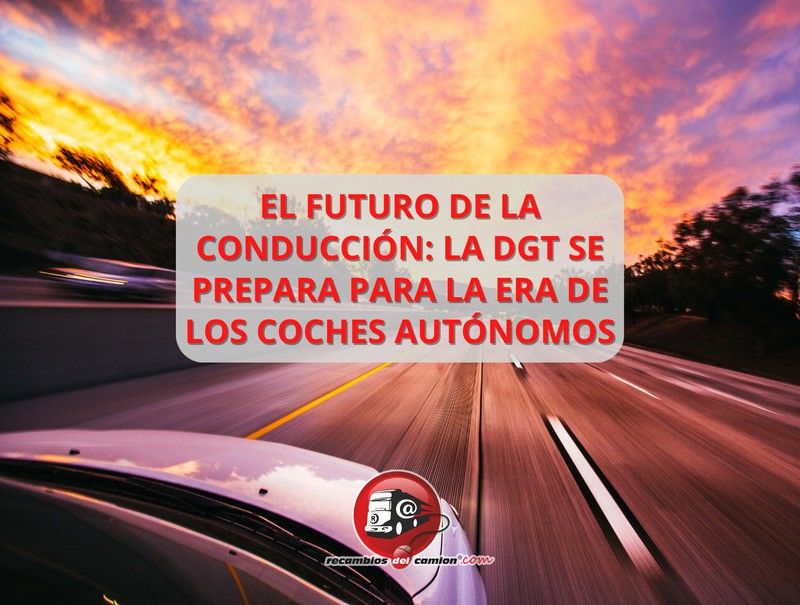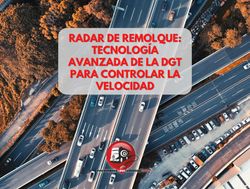The future of driving: The DGT prepares for the era of autonomous cars
The General Directorate of Traffic (DGT) is about to deploy a new roadmap for transport in Spain in anticipation of the arrival of fully autonomous cars on our roads. This milestone marks an important step forward in the evolution of mobility and promises to radically transform the way we get around.

For years, we have witnessed significant advances in automotive technology, with increasingly sophisticated driver assistance systems paving the way towards full autonomy. However, we now stand on the brink of a new era, where autonomous driving will cease to be a science fiction concept and become a tangible reality.
What we know as autonomous cars, capable of operating without human intervention, is about to become an integral part of our road landscape. These vehicles are equipped with a series of sensors, cameras and artificial intelligence systems that allow them to interpret their environment and make driving decisions autonomously and safely.
The DGT is working hard to adapt Spanish legislation to this new reality. A new regulation, scheduled for implementation in 2024, is expected to establish the foundations for the regulation and operation of autonomous cars in our country. This regulation will clearly define what is considered an autonomous car and what activities will be allowed while the vehicle is in autonomous mode.
One of the key aspects that will be addressed in this new regulation is the differentiation between automated cars and those that are not. This will be essential to ensure that only vehicles that meet established safety and performance standards can operate in autonomous mode on our roads.
In addition, certification criteria will be established to validate the suitability of autonomous cars to circulate on our roads. This will include the introduction of the figure of the "owner of the automated driving system", who will be responsible while the vehicle is in autonomous mode. This measure will ensure that there is a designated person to monitor the operation of the vehicle and take control if necessary.
The introduction of fully autonomous cars represents a paradigm shift in the way we think about transportation. Not only does it promise to make our roads safer and more efficient, it also has the potential to radically transform the driving and traveling experience.
However, as we enter this new era of autonomous driving, there are also important challenges and questions that must be addressed. From safety and liability issues to ethical and legal considerations, there are a number of aspects that must be carefully considered and regulated to ensure a smooth and successful transition to this new transportation paradigm.
The DGT is working closely with experts in the automotive industry, regulatory bodies and other key actors to address these challenges and ensure that the implementation of autonomous cars is safe, efficient and beneficial for all road users. road.
As we move towards a future of autonomous driving, it is essential that we are prepared to adapt and make the most of the opportunities that this innovative technology has to offer. The arrival of fully autonomous cars marks the beginning of a new era in transportation history, and we are excited to witness this exciting technological advancement.





Opinions of our clients
Receive our news